Free Colin Dorsey
Ninety-six Zen priests unite to demand the release of a “Cop City” protester The post Free Colin Dorsey appeared first on Tricycle: The Buddhist Review.
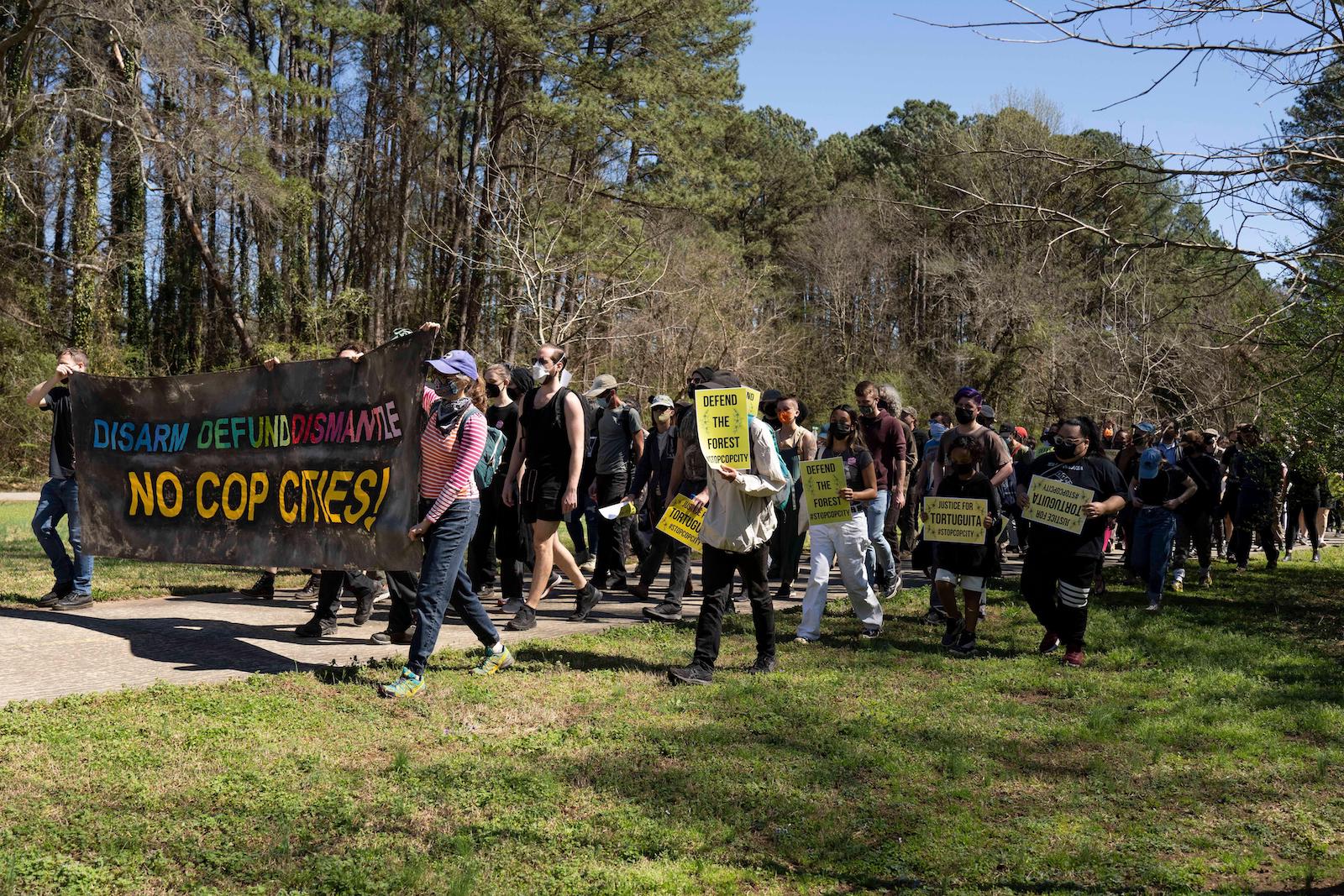
Ninety-six Zen priests unite to demand the release of a “Cop City” protester
Jean Wolguelam and Colin Dorsey Aug 11, 2023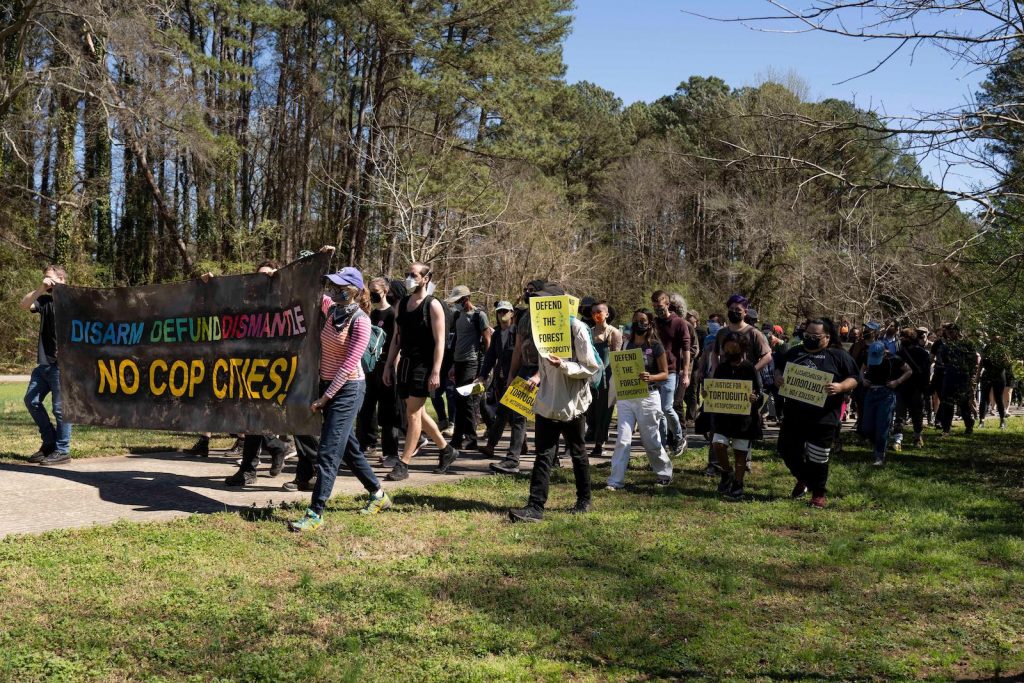 Atlanta, Georgia, USA. 4th Mar, 2023. Hundreds of people marched to protest the construction of a large police training facility dubbed ''Cop City'' in an Atlanta forest. Marchers passed through the South River Forest to an area called ''Weelaunee People's Park'' to start a week of Stop Cop City activities. | Photo credit: © Steve Eberhardt/ZUMA Press Wire)
Atlanta, Georgia, USA. 4th Mar, 2023. Hundreds of people marched to protest the construction of a large police training facility dubbed ''Cop City'' in an Atlanta forest. Marchers passed through the South River Forest to an area called ''Weelaunee People's Park'' to start a week of Stop Cop City activities. | Photo credit: © Steve Eberhardt/ZUMA Press Wire) Dear Honorable Judge Gregory Adams,
On March 5th, 2023, Colin Dorsey was arrested in DeKalb County’s South River Forest and charged with domestic terrorism. We, the undersigned ninety-six Soto Zen Buddhist priests, write to request that he be released and the charges be dropped. Mr. Dorsey was ordained as a Soto Zen priest with a commitment to universal welfare and nonviolence.
So commences a letter sent by ninety-six Zen priests to the judge of the DeKalb County Superior Court in Decatur, Georgia, on March 20. The priests were condemning the arrest of Colin Dorsey, who was arrested at a music festival at an ongoing peaceful protest and charged with domestic terrorism. The festival occurred near the site of what has become known as Cop City, a $90 million police training facility in Atlanta’s South River Forest, critical green space for local residents, and the ancestral home of the Muskogee People. Two years of public outrage and resistance to the project has significantly delayed construction, but repression has been fierce, including the police assassination of 26-year-old Indigenous land defender Manuel Paez Teran, known by the nickname Tortuguita, in January; domestic terrorism charges against forty-two people; and violent raids and felony charges against movement infrastructure like the Atlanta Solidarity Fund. Below, Dorsey recounts his experience in jail and the work of activists, including the Zen priests who were instrumental in obtaining his bond. – Jean Wolguelam, an organizer with the Weelaunee Defense Society
***
My arrest happened at dusk in the Weelaunee Forest. I had just finished eating dinner at the collective kitchen when tear gas began to spread into the area. Just as suddenly a snatch squad of officers charged out of the dark with bright flashlights, tazed me and handcuffed me on the ground with zip ties so tight that circulation to my hand was cut off. This snatch squad included officers with night vision goggles, automatic weapons and full body armor, supported by helicopters and drones and armored vehicles, prepared for a military encounter. As I was pinned by an officer on the ground, I heard clearly over the radio a superior say, “We just need bodies! If we’re not getting bodies, get out of there!”
I was then taken to a parking lot that was used as a processing center for all the people that had similarly been rounded up. There were nearly fifty people in zip ties sitting around the parking lot. One officer then divided us into a group from Georgia and a group from out of state. We were called individually into a van marked “Homeland Security” and questioned. In the van were two officers, one wearing a balaclava. Also in the van was the prosecuting attorney, presenting himself as a lawyer for the benefit of the arrested. I refused to be interviewed and was quickly escorted onto a bus to be transported to the jail. In what appeared to be an attempt to cast the protest as the result of outside agitators, all Georgia residents were released, and all out-of-state residents were put on the bus. But from where I was sitting, it seemed that every person arrested that night was randomly detained because they were easy targets at the edge of the forest. There were twenty-three of us. At our first bond hearing, regardless of character, criminal history, or evidence, all but one of us were denied bond. After this we were moved to the general population of the jail.
The structure of the jail and culture implemented by the administration is meant to disorient, overwhelm, and keep inmates on edge. The dayroom, in which a group of twenty to thirty inmates known as a “pod” share space, is constructed so that even two or three people talking creates a booming sound, and there is a constant din of indistinguishable noise reverberating through the pods. In the cell beneath me, I could hear an inmate in solitary confinement screaming for help and banging on the door for hours at a time. Food was brought irregularly, and was cold and insufficient for nutrition. Guards entered abruptly and aggressively, particularly when the environment among the inmates was calm. The threat of violence was constant, mostly from the guards, but it also erupted unexpectedly among inmates. At other times the guards ignored the inmates. I was locked in a small interview room after an attorney visit for over an hour, and was told by other inmates this type of intentional indifference was routine. Another of my pod-mates was left in a different pod for most of the day until they got a guard to see that they were in the wrong place. This is a terrifying experience, as being in the wrong pod means you are essentially lost, without a bed, clothes, or any of the minimal things you can rely on. Many inmates I met were in a state of purgatory, without timely court dates or outside assistance to demand they be released at the appropriate time. Recently, I was informed that an inmate in my pod committed suicide. Death while imprisoned at DeKalb County Jail is common.
Through all of this, by continuing the practice of zazen and walking meditation, I was able to cut through the systematic attempt to reduce life to a series of overwhelmed responses to trauma. But I was not able to practice solely through my own efforts. While in the jail, I found incredible solidarity among the inmates. In the complete neglect and intentional cruelty of the authorities, the people subject to this misery find a way to care for each other. These were the most immediate and poignant experiences of horizontal mutual aid that I have experienced. My pod in particular spoke of a history and conscious attempt to create a cohesive community. Newcomers and those causing strife were brought close and integrated into the community spirit through shared chores, nondenominational prayer circles, invitation to group activities, and caring conversation. When I first arrived in the general population with two of my codefendants, we were welcomed by people who wanted to help us. They provided us with basics for survival, from information, like how to make phone calls and order commissary, to everyday objects like cups for water and towels. These simple items are rare commodities in jail, and sharing them with us was a gesture of care and respect. We participated in self-organized chores and assistance for inmates navigating their legal situation. Eventually, as time passed in the jail, it became our turn to welcome newcomers to the pod.
I had previously taught meditation in prisons and worked as an activist against conditions that I was now subject to. I remember, years ago, after teaching a meditation class, one inmate asked me how to practice nonviolence in a situation in which doing so can be perceived as weakness and expose you to predation. My response was that I could not possibly know his situation, so I could not tell him how to enact nonviolence. The clarity that I have attained through my own short experience is that nonviolence is not a matter of individual ethics and actions. Cultivating peace is only possible through building a community of solidarity that looks out for itself and addresses violence collectively.
As Soto Zen priests our commitment to nonviolence includes not being passively complicit in systems which cause harm. As citizens of the United States we see the inherent violence of mass incarceration, militarized policing, and the statistically unfair racial outcomes of the criminal justice system. We see damage to our environment, destruction of habitat, and disregard for future generations in our approach to matters of ecology and climate change. It is natural for a commitment to nonviolence to call us to oppose this status quo.
The struggle against Cop City is not local to Atlanta. Georgia politicians and police are currently attempting to address the resistance to environmental destruction and structural racism through repressive means: prosecuting forty-two protestors as domestic terrorists, murdering forest defenders, criminalizing the acts of distributing fliers, or operating a bail fund. If they succeed in crushing this popular resistance and build a massive police training compound, we can suspect their efforts will be replicated across the country and the world.
While the state is taking unprecedented measures to suppress the movement, this is reciprocal to an equally potent strategy of fearless self-organization. The initial media after our arrest was crafted to define the movement as violent. They neglected to show trees being planted, structures being raised for collective use, plant identification walks, herbal medicine clinics, yoga classes, potlucks, a music festival of diverse genres and subcultures, and support by academics and clergy, all among the backdrop of the recent police killing of a forest defender and the threat of egregious charges and decades-long sentences that I faced.
Just as the threat of the training center and draconian legal maneuvers risk spreading if they succeed, so does the alternative: success in defeating these measures by a diversity of actors moving independently yet tolerant of difference, creating structures of joy, care, and courage.
The movement is not intimidated, and popular support is growing. The extent to which the state can crush this movement will be the extent to which those risking the most to defend it are isolated from the broader sections of society supporting it.
We support Mr. Dorsey’s engagement in nonviolent protest at the site of the proposed public safety training facility in DeKalb County’s South River Forest. We support his efforts to create public safety through nonviolent action, opposition to military-style police training, and opposition to the destruction of one of the largest sections of green space near an area with a large population of Black citizens in the Atlanta area. The evidence to support domestic terrorism charges against Mr. Dorsey is negligible. The reasons to support his acts to promote public safety and nonviolence are many. We advise that he be released immediately, and the charges against him should be dropped.
Sincerely,
Rev. Ben Connelly, Minnesota Zen Meditation Center Rev. Shodo Spring, founder and guiding teacher, Mountains and Waters Zen Community Rev. Greg Fain, Tassajara Zen Mountain Center Rev. Hozan Alan Senauke, Berkeley Zen Center, Clear View Project Rev. Joan Halifax, Founding Abbot, Upaya Zen Center Rev. Chris Fortin, founder of Dharma Heart Zen Rev. Norman Fischer, Former abbot, San Francisco Zen Center, Founder Everyday Zen Rev. Taigen Leighton PhD, Guiding Teacher,, Ancient Dragon Zen Gate Rev. Pat Enkyo O’Hara, abbot Village Zendo, New York City Matt Streit, Minnesota Zen Meditation Center Rev. Zenku Smyers, Guiding Teacher, Mission Mountain Zen Center Alan Eustace, Minnesota Zen Meditation Center Carrie Garcia, Minnesota Zen Meditation Center Ekyo Susan Nelson, Minnesota Zen Meditation Center Rev. Myo On Susan Hagler, Clouds in Water Zen Center, St. Paul, MN Rev. Gyokei Yokoyama, Montebello Sozenji Buddhist Temple, CA Rev. Ryushin Andrea Thach, MD Berkeley Zen Center, Red Cedar Zen Center Rev. Kokyo Henkel, Green Dragon Temple Rev. Shosan Victoria Austin, Beginner’s Mind Temple Rev. Dōshin Mako Voelkel, Beginner’s Mind Temple Rev. Onryu Kennedy, Sanshinji Zen Center, Bloomington, IN Rev. M. Denis Lahey, Hartford Street Zen Center Rev. Rakugo Castaldo, Soji Zen Center, Philadelphia, PA Myozen Barton Stone, Stone Creek Zen Center, Graton, CA Rev. Sara Jisho Siebert, Zen Fields, Ames, IA Rev. Daishin McCabe, Zen Fields, Ames, IA Rev. Koshin Paley Ellison, Co-Guiding Teacher, New York Zen Center for Contemplative Care Rev. Chodo Campbell, Co-Guiding Teacher, New York Zen Center for Contemplative Care Rev. Konin Melissa Cardenas, Guiding Teacher, Dassanāya Buddhist Community, Alexandria, VA Rev. Kuden Paul Boyle, Forest City Zen Group, London, Ontario, Canada Rev. Dr. Daijaku Kinst, Guiding Teacher, Ocean Gate, Zen Center, Captiola, CA Rev. Shinshu Roberts, Guiding Teacher, Ocean Gate Zen Center, Capitola, CA Rev. Gaelyn Godwin, Abbot Houston Zen Center, Houston, TX, and Director of Soto Zen International Center North America Rev. Inryū Poncé-Barger, All Beings Zen Sangha, Washington D.C. Rev. Bernd Bender, Akazienzendo, Berlin, Germany Rev. Jakuko Mo Ferrell, Chapel Hill Zen Center, Chapel Hill Rev. Renshin Bunce, Beginner’s Mind Zen in Eureka CA Rev. Choro Antonaccio, Austin Zen Center, Austin TX Rev. Shinchi Linda Galijan, San Francisco Zen Center, CA Rev. Nomon Tim Burnett, Guiding Teacher, Red Cedar Zen Community, Bellingham, WA Rev. Ted O’Toole, Guiding Teacher, Minnesota Zen Meditation Center, MN Keidō Jeromy Thotland, Minnesota Zen Meditation Center, MN Rev. Joan Amaral, Zen Center North Shore, Beverly, MA Rev. Geoffrey Shugen Arnold, Zen Mountain Monastery, Mt. Tremper, NY Rev. Shinryu Thomson, Village Zendo, New York City Rev. Dr. Jūshin Stephyn Butcher, Hokyoji Zen Practice Community, Eitzen, MN Rev. Domyo Burk, Guiding Teacher, Bright Way Zen Community, Portland, OR Rev. Korin Pokorny, Brooklyn Zen Center, New York, NY Rev. Daigaku Rumme, Confluence Zen Center STL, St. Louis, MO Rev. Sara Myoko Hunsaker, Monterey Bay Zen Center, Monterey, CA Rev. Josho Pat Phelan, Chapel Hill Zen Center, Chapel Hill, NC Rev. Tonen O’Connor, Milwaukee Zen Center Milwaukee, WI Rev. Eido Frances Carney, Olympia Zen Center, Olympia, WA Rev. Allison Yusho Draper, MDiv BCC, Spiritual Care Services, Stanford Medicine Children’s Health, Palo Alto CA Jey Ehrenhalt, priest-in-training, Minnesota Zen Meditation Center Rev. Senmyo Jeffrey Sherman,Chapel Hill Hill Zen Center, Chapel Hill North Carolina Kritee Kanko, Climate Scientist and Founding teacher of Boundless in Motion Zen Community Rev. Ryūki Tom Hawkins, Kojinan:Oakland Zen Center; Oakland, CA Rev. Eijun Linda Ruth Cutts, San Francisco Zen Center, CA Rev. Reirin Alheidis Gumbel, Milwaukee Zen Center Rev. Bussho Lahn, Flying Cloud Zen Community, Eagan, MN Rev. Jill Kaplan, Zen Heart Sangha, Woodside, CA Rev. Val Meiren Szymanski, Bamboo in the Wind Zen Center, Sunnyvale, CA Rev. Tova Green, San Francisco Zen Center, CA Rev. Myo-O Habermas-Scher, Hokyoji Zen Practice Community, Eitzen, MNs Ken & Elizabeth Sawyer, Sebastopol Ca Rev. Ensho Peter van der Sterre: Oak & 7th Street Sanctuary, San Francisco CA Rev. Myogen Kathryn Stark, Sonoma Valley Zen, Sonoma, CA Rev. Myoshin Kate McCandless, Mountain Rain Zen Community, Vancouver, Canada Rev. Kosen Gregory Snyder, Senior Priest, Brooklyn Zen Center, Brooklyn, NY Rev. Teijo Munnich, Abbess, Great Tree Zen Women’s Temple, Alexander Rev. Catherine Spaeth, San Francisco Zen Center, San Francisco, CA NC Rev. Kenshin Catherine Cascade, Senior Priest, Bird Haven Zendo, Eugene, OR Rev. Myogo Mary-Allen Macneil, Founding Teacher, Bodhi Oak Zen Sangha, Oakhurst, CA Ava Stanton, Teacher, Just Show Up Zen Sangha, Santa Monica, CA Rev. Dan Gudgel, San Francisco Zen Center, San Francisco, CA Shijun Heather Martin, San Antonio Zen Center, TX Rev. Doralee Grindler Katonah Valley Streams Zen Sangha Sacramento, CA Monica Reede, Santa Barbara Zen Center, Santa Barbara, CA Sergio Stern, Montaña Despierta, Xalapa, Veracruz, Mexico Carol Paul, San Rafael, CA Rev. Eden Kevin Heffernan, Richmond Zen, Richmond Virginia Rev. Hakusho Johan Ostlund, Brattleboro Zen Center, VT Kenho Emily Dashawetz, Zen Center North Shore, Beverly, MA Rev. Ann Meido Rice, Middle Way Zen, San Jose, CA Sandra M Laureano, Centro Budista Zen Soto San Juan, PR Rev. Gyoshiin Laurel M Ross, Ancient Dragon Zen Gate, Chicago IL Rev. ZenKi Mocine, Abbot Vallejo Zen Center Rev. Wendy Egyoku Nakao, Abbot Emeritus, Zen Center of Los Angeles Rev. Paul Tesshin Silverman, Abbot Yorktown Zen and Tetsugyuji Zen Temple Rev. Jan Chozen Bays, Abbot Great Vow Zen Monastery, Oregon Rev. Sessei Meg Levie, Head Priest Stone Creek Zen Center Rev. Kanshin Grevemeyer, Head Priest, Buddhadharma Sangha, San Quentin, CA Rev. Jisho Warner, Founding Teacher, Stone Creek Zen Center Rev. Dr Taikyo Morgans, Zen Buddhism Wales Brian Goller, Floating Cloud Sangha Rev. Paul Haller Former abbott, San Francisco Zen Center Ben internal note: 92 names up to this point. Erika Wild, Dharma Heart Zen Charli Vogt, Even Practice of the Heart, Atlanta, GA Rev. Tenzen David Zimmerman, Central Abbot, San Francisco Zen Center, CA Daya Goldschlag, Stonewillow Zendo, Spokane, WA
![]()
Thank you for subscribing to Tricycle! As a nonprofit, we depend on readers like you to keep Buddhist teachings and practices widely available.
This article is only for Subscribers!
Subscribe now to read this article and get immediate access to everything else.
Already a subscriber? Log in.

 ShanonG
ShanonG 







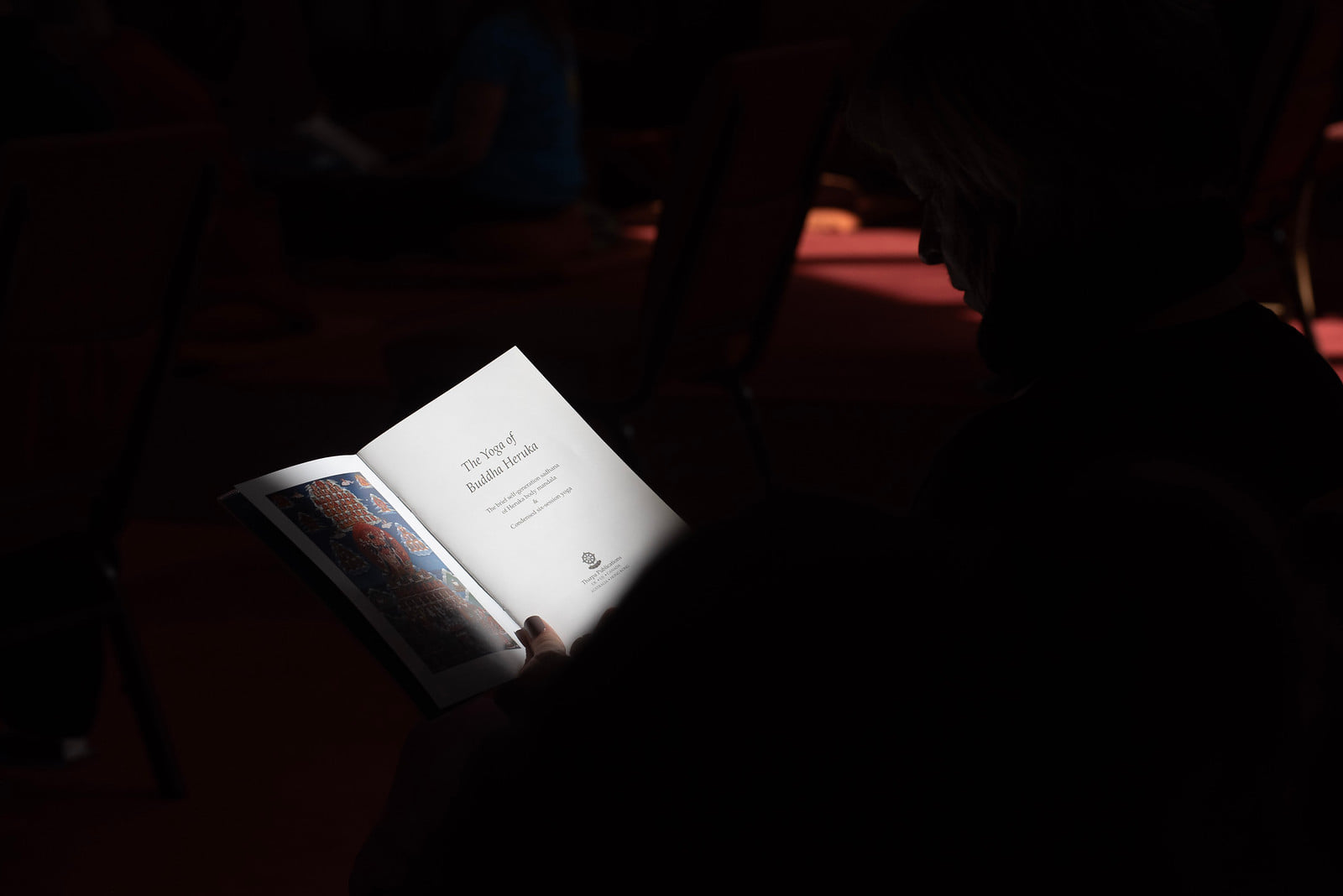
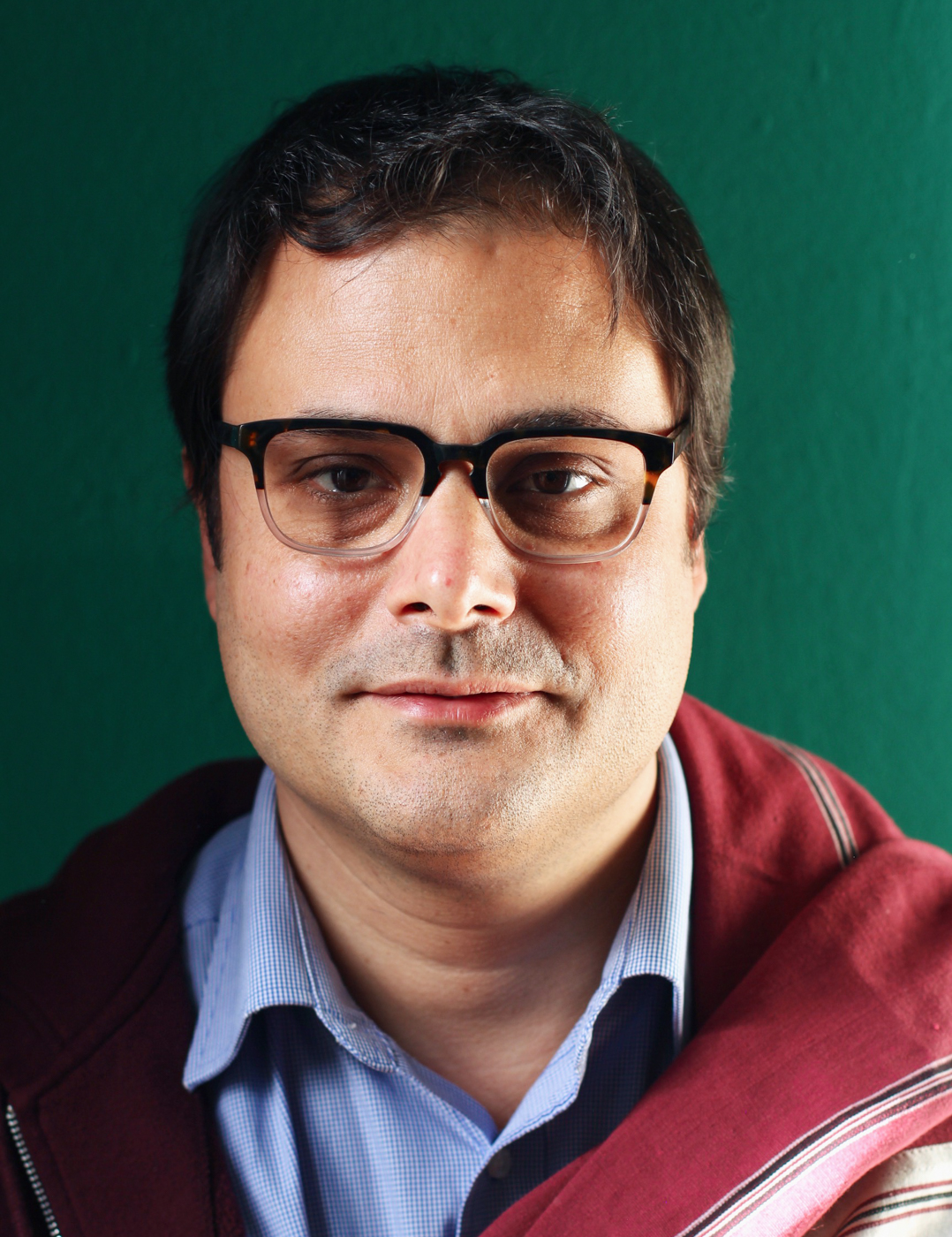



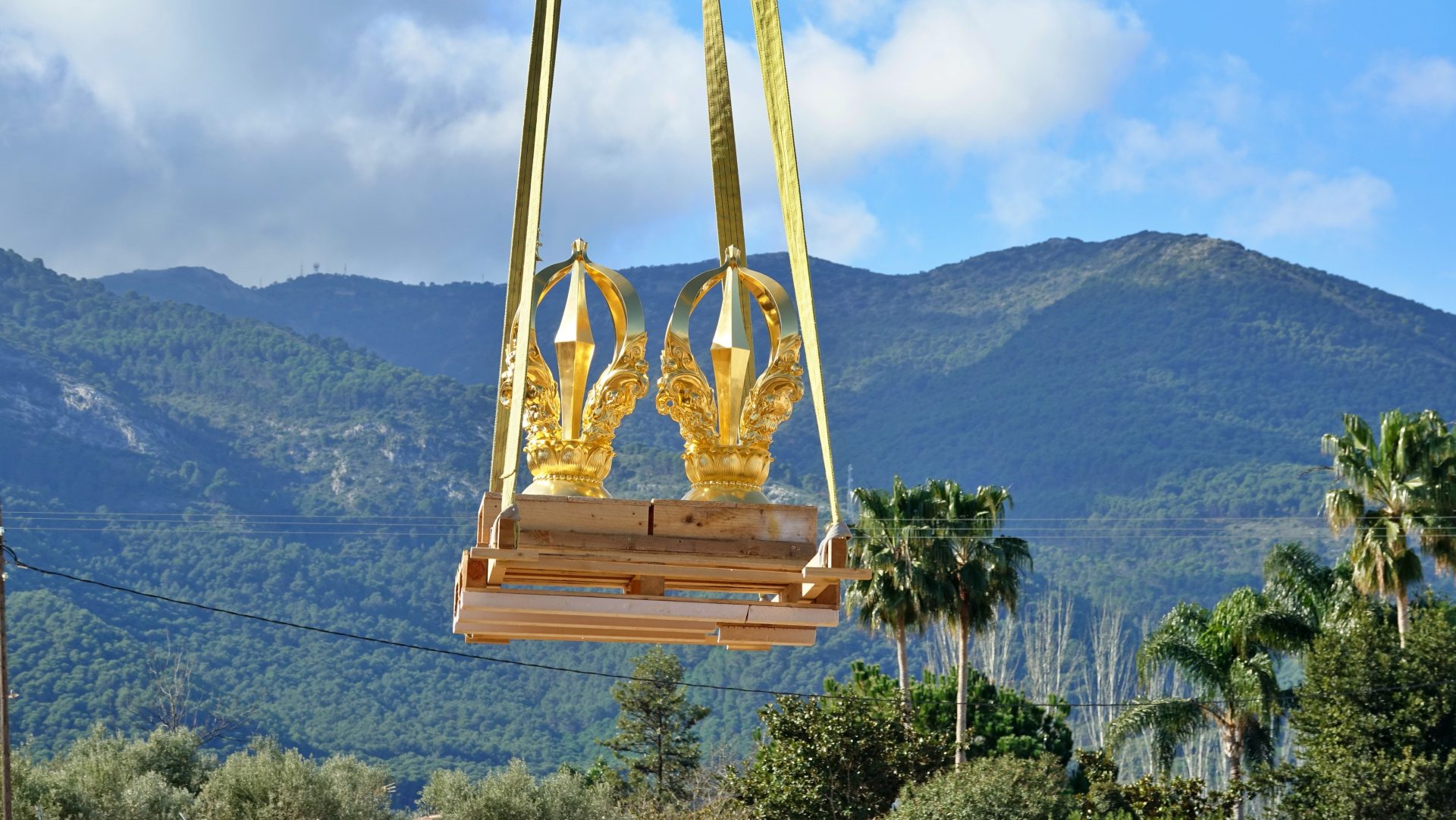












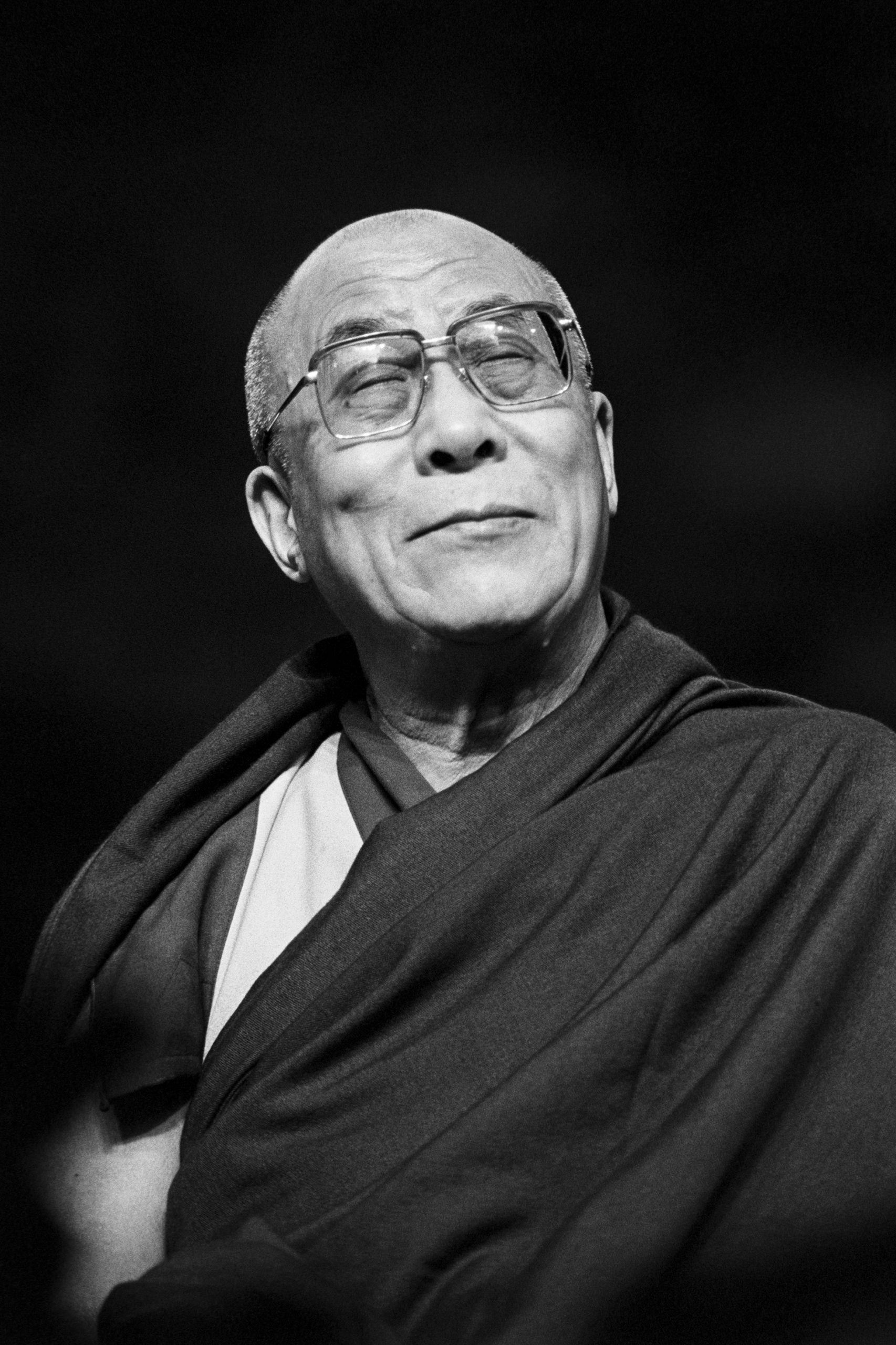



![Are You Still Optimizing for Rankings? AI Search May Not Care. [Webinar] via @sejournal, @hethr_campbell](https://www.searchenginejournal.com/wp-content/uploads/2025/06/1-1-307.png)

